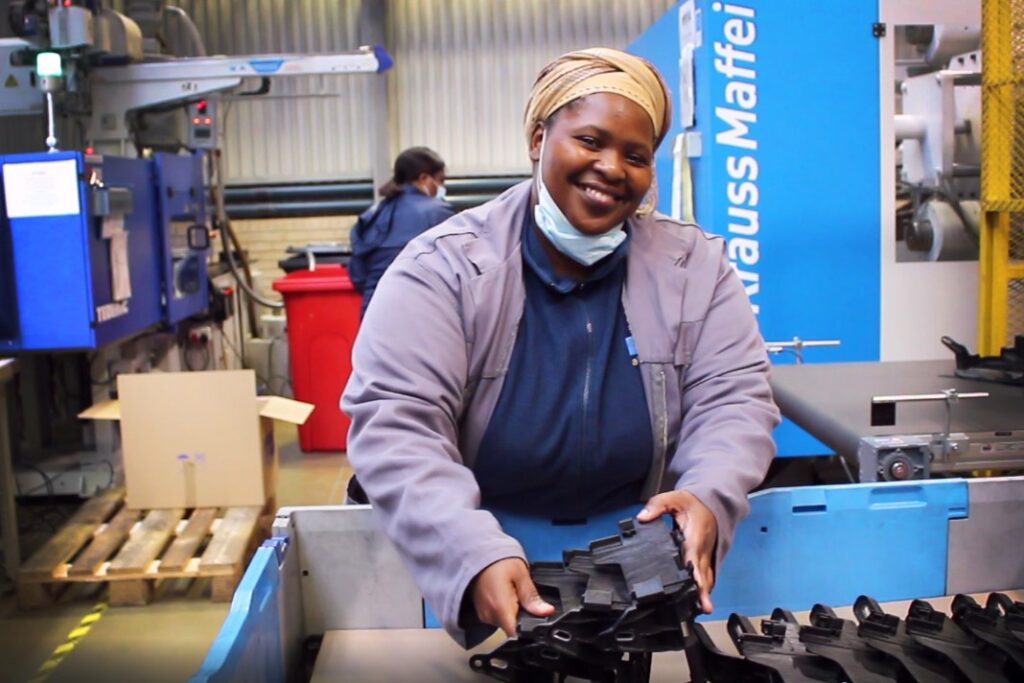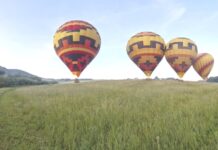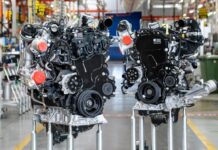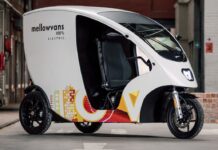
By John Young
The coastal city that was known as Port Elizabeth until it was recently renamed Gqeberha is a place where many things happened for the first time in South Africa.
The first cricket Test match, the first diamond auction, the first telephone exchange; the first wireless transmission, the list that appears on The Casual Observer website is a long and impressive one. In automotive terms, the trend holds true.
The first car to be imported into South Africa, before Mr Benz met Mr Daimler, was the Benz Velo model and it was in Port Elizabeth that Ford started making cars in 1924, followed two years later by General Motors. Glass manufacturers set up shop shortly afterwards, and South Africa’s automotive industry was underway.
The first town to get a major automotive investment outside of Port Elizabeth was its near-neighbour, Uitenhage, now Kariega. That was when an assembly plant was erected in 1947. This became what is now the Volkswagen plant, and the first Beetles started rolling off the assembly line in 1951.
The 520 963m² facility of the recently rebranded Volkswagen Group Africa, a wholly owned subsidiary of Volkswagen Aktiengessellschaft (VWAG) in Germany, is one of four plants worldwide that makes right-hand-drive Polos but the only one in the world that makes the Polo GTI. It has been a phenomenally successful product for export, with more than 1.5-million being shipped abroad.
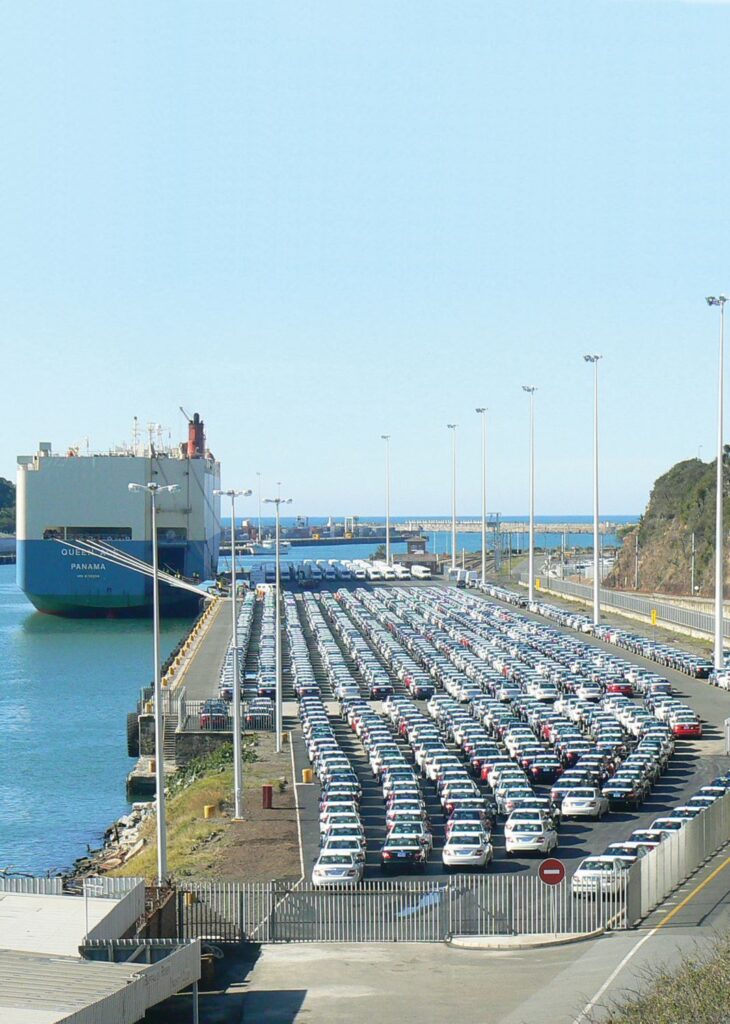
Over time, automotive manufacturing spread to another Eastern Cape coastal city (Mercedes in East London), KwaZulu-Natal (Toyota SA and Bell Equipment) and Gauteng (BMW, Nissan, Ford and a large number of automotive supply firms).
Isuzu later established itself in Gqeberha, and more recently has completed its consolidation project, with truck and bakkie manufacturing now taking place at its new headquarters in nearby Struandale.
Staying in the Gqeberha area, the Coega SEZ has also attracted Chinese investment in the form of FAW Trucks and the multinational company that makes and distributes 14 automotive brands, Stellantis.
The Automotive Business Council reports that automotive is the largest manufacturing sector in the country’s economy, with 21.9% of value addition within the domestic manufacturing output being derived from vehicle and automotive component manufacturing in 2023. The broader automotive industry’s contribution to GDP totalled 5.3% (3.2% from manufacturing and 2.1% from retail).
National government is invested in the automotive industry, believing that it is a strategic sector with the capacity to expand and increase employment. State support for the industry has helped it thrive, but manufacturers are expected to increase local content levels. The industry itself is looking to Africa for new markets and is urging national government to release policy guidelines on electric vehicles.
The Automotive Business Council, previously known as NAAMSA, represents all original equipment manufacturers (OEMs), importers, exporters and distributors. The National Association of Automotive Component and Allied Manufacturers (NAACAM) represents the components sector while the Automotive Industry Development Centre (AIDC), a subsidiary of the Gauteng Growth and Development Agency (GGDA), focusses on training, enterprise development, incubation programmes, management of incentive programmes and facility management.
Various support programmes for the industry have been successful, particularly in boosting exports. The Automotive Production and Development Programme (APDP2) has been extended to 2035, 15 years beyond its original expiry date.
Both the Coega Special Economic Zone (Coega SEZ) and the East London Industrial Development Zone (ELIDZ) in the Eastern Cape have areas dedicated to automotive and automotive components manufacture. The Tshwane Automotive Special Economic Zone (TASEZ), a project of the Gauteng Province, the Department of Trade, Industry and Competition (dtic) and the City of Tshwane, has been functioning very successfully since 2019.
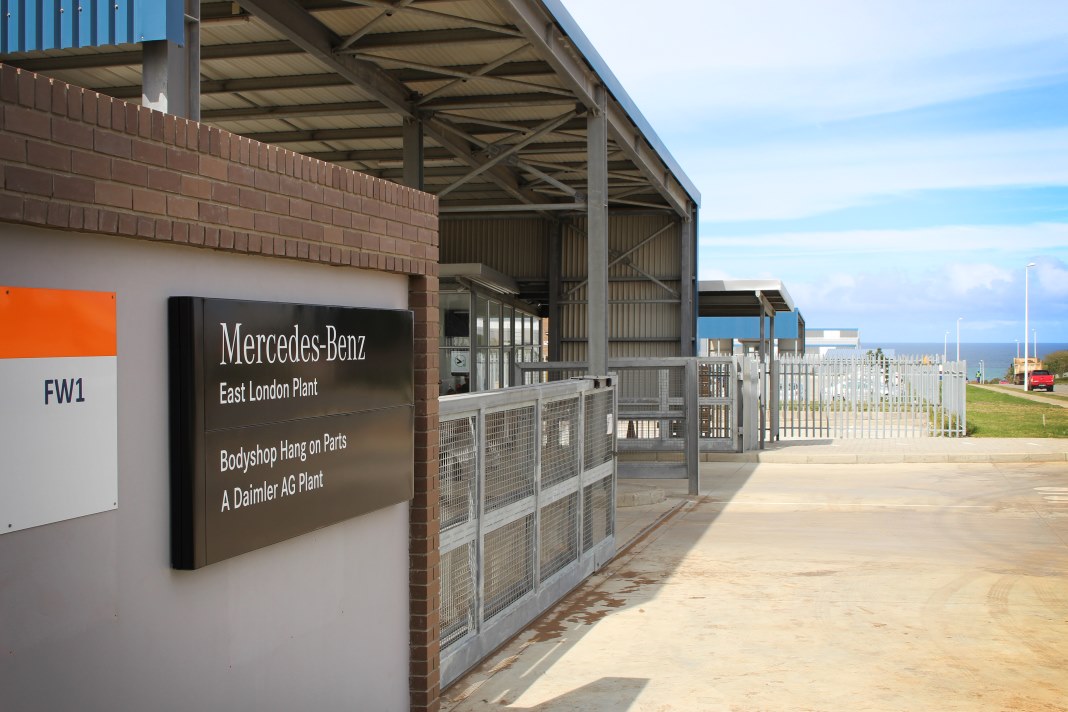
Ford Motor Company of South Africa is the anchor tenant of TASEZ, although it still operates an engine plant in the town where it made its start in South Africa. Ford makes engines for the Ford Ranger pickup and Everest SUV at its Struandale plant in Gqeberha and it has committed to invest R600-million for modernising and growing its Eastern Cape operations, which employ about 850 people. A further R5.2-billion will enable hybrid-electric Ranger bakkies to be built in Gauteng.
Other parts of Gauteng also host production facilities for vehicles. UD Trucks, a part of the Volvo group, assembles the Croner heavy commercial vehicle at Rosslyn. Gauteng is also home to a strong automotive components industry, together with several bus and truck assembly plants. These include Scania, TFM Industries and MAN Truck and Bus South Africa, as well as the Chinese truck manufacturer FAW, which owns an assembly plant in Isando. Beijing Automotive Works (BAW) assembles taxis at Springs.
Armoured cars are produced by the Paramount Group. DCD Protected Mobility manufactures armoured cars in Boksburg, which are branded as Vehicle Mounted Mine Detectors. In nearby Benoni, BAE Systems OMC designs and manufactures protected vehicles.
Modern trends and investments
Ford has initiated discussions about the feasibility of developing a sophisticated rail corridor between Gauteng and the Eastern Cape to link up the company’s two plants: Ford wants to send parts to Pretoria and export cars through the Port of Gqeberha.
BMW’s Plant Rosslyn in Tshwane has produced more than 1.6-million vehicles and exported them to more than 40 countries worldwide, including 14 African nations. To produce the BMW X3 plug-in hybrid for export, BMW will invest R4.2-billion in adapting the factory to electrical specifications. More than 300 employees will receive specialised training at the plant, which was BMW’s first-ever foreign facility. BMW has also spent R260-million on an expanded campus at Midrand.
All of Gauteng’s large automobile manufacturers are investing in new model production. Nissan is spending R3-billion on production of the Navara pick-up vehicle.
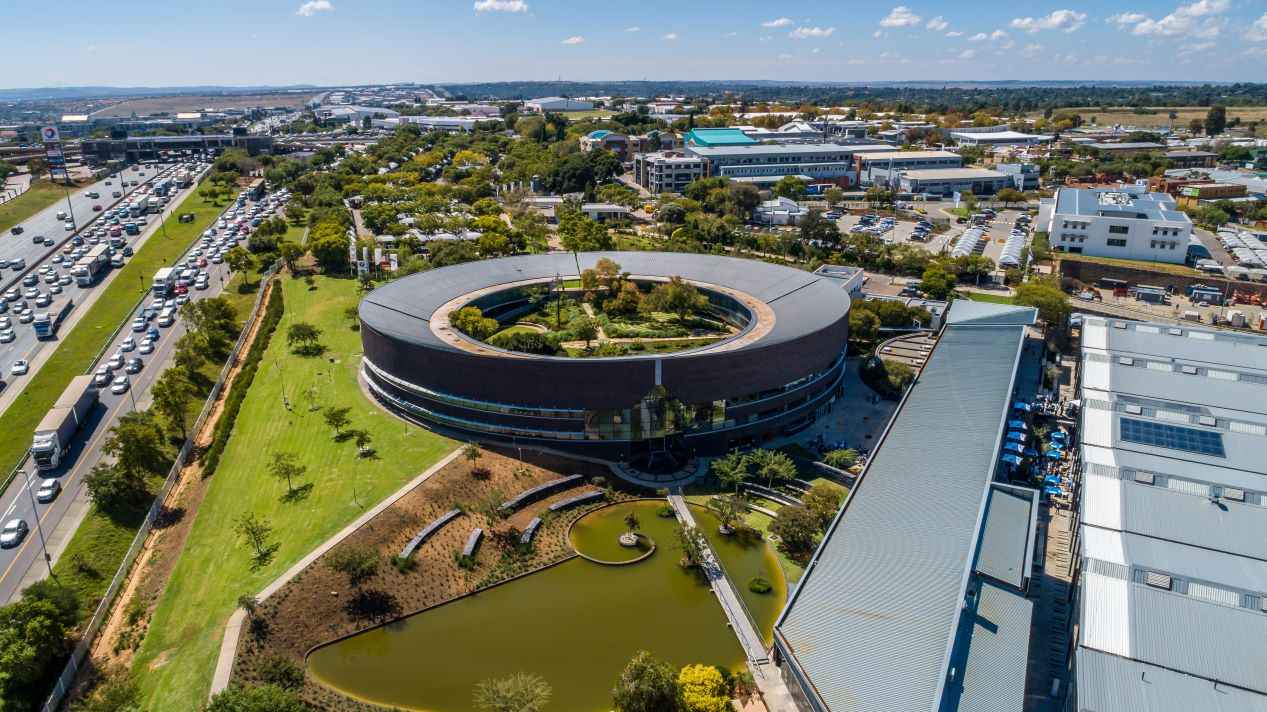
Mercedes-Benz South Africa’s new C-Class project (W206) has sparked several other related investments, which collectively will create 2 078 new jobs over two years at the East London plant. The production of the C-Class vehicle is a technological marvel and the plant regularly wins international awards for quality. The installation of a new sequencing centre, installed by Automotive Logistics Solutions (an AHI company), has made the assembly line even more efficient.
Toyota South Africa reported in September 2023 that it had achieved national market share in vehicle sales of 27.6%, led by the number one brands in passenger cars and light-commercial vehicles, the Corolla Cross and Hilux.
More than 50% of the 3 249 Hiluxes sold were the double-cab models and 2 259 Corolla Cross vehicles were sold. In addition to the 1.8-million automotive part pieces sent out locally, the company shipped 272 290 pieces to foreign markets. In total, the company sold 142 612 in 2023, the highest level achieved for sales since 2007.
The company’s total investment of R4.2-billion between 2019 and 2021 included other manufacturing projects and a huge increase in warehousing capabilities. Among the challenges Toyota had to overcome was a major flood.
In 2025 Bell Equipment will start manufacturing the Bell Motor Grader in Richards Bay. A European technology partner and Bell engineers are working on developing a fully battery-operated version of the popular Bell Articulated Dump Truck (ADT).
KwaZulu-Natal has a substantial automotive components sector which includes large manufacturers such as GUD Filters. In line with the policy of developing Industrial Economic Hubs, the Durban Automotive Supplier Park is planned at Illovo, south of Durban and near to the Toyota manufacturing plant. The Dube TradePort Corporation will manage the project, which covers 1 013ha. Other partners are the eThekwini Municipality, Toyota and the provincial government but the floods which hit the province in 2022 have slowed progress on the project.
Another manufacturer of earthmoving equipment is at Port Shepstone on the South Coast. Dezzi is part of the Desmond Group of companies that was founded in 1973 and now has 18 offices and branches. The Dezzi CMI backhoe loader is a popular part of the company’s range.
Home-grown manufacturer of powertrain and catalytic converter assembly systems, Jendamark, exports to 18 countries from its facility in Gqeberha. Continental Tyre South Africa is producing a 19-inch tyre for the first time at its New Brighton facility in Port Elizabeth.
Automotive timeline highlights, South Africa
1896
- Dunlop Pneumatic Tyre Co opens a Durban factory
- The first car to be imported into South Africa, a Benz Velo, was offloaded in the city then known as Port Elizabeth
1923 Ford Motor Company founded
1924 Ford starts assembling cars in Port Elizabeth
1926 General Motors opens factory in Port Elizabeth
1935 Pilkington and Shatterprufe establish automotive glass plants in Port Elizabeth
1947
- General Tire & Rubber Co established, becomes Continental
- Assembly plant built at Uitenhage (now Kariega)
1951 Volkswagen Beetle begins production at SAMAD facility in Uitenhage
1954 Bell Equipment established in KwaZulu-Natal
1958 Car Distributors and Assemblers (CDA) starts assembling Mercedes in East London
1962
- Toyota South Africa production launched in Durban
- CDA starts producing Mercedes-Benz trucks
1964 First Isuzu trucks in SA
1966
- SAMAD renamed Volkswagen of South Africa Limited
- United Car and Diesel Distributors (UCDD) buys out CDA
1968
- MAN opens in South Africa
- BMW opens plant in Rosslyn, Pretoria (as Praetor Monteerders)
1973 Mercedes-Benz engine plant opens in East London, first outside Germany
1975 BMW South Africa completes takeover of company making vehicles at Rosslyn plant, becomes first BMW plant outside Germany
1978 Full production line at Isuzu Port Elizabeth plant
1984
- Daimler-Benz AG buys majority stake in UCCD and changes name to Mercedes-Benz of South Africa
- Bell Equipment opens Richards Bay facility
1986 GM sells and rebrands as Delta
1988 Ford withdraws from South Africa. SAMCOR takes over production and distribution of Ford and Mazda vehicles
1996 VW Polo starts production in Kariega
1997 GM buys 49% of Delta
2000 Ford completes takeover of SAMCOR, creating Ford Motor Company of Southern Africa
2004 GM buys remaining 51% in Delta
2013 One-millionth Corolla manufactured by Toyota
2014 FAW Trucks SA begins assembling trucks at Coega SEZ, Gqeberha
2018 Mahindra starts assembling bakkies in Durban
2021 200 000th BMW X3 produced at Rosslyn plant
2024
- Stellantis invests in plant in Coega SEZ
- Volkswagen Group Africa produces 1.5-millionth Polo GTI for export
